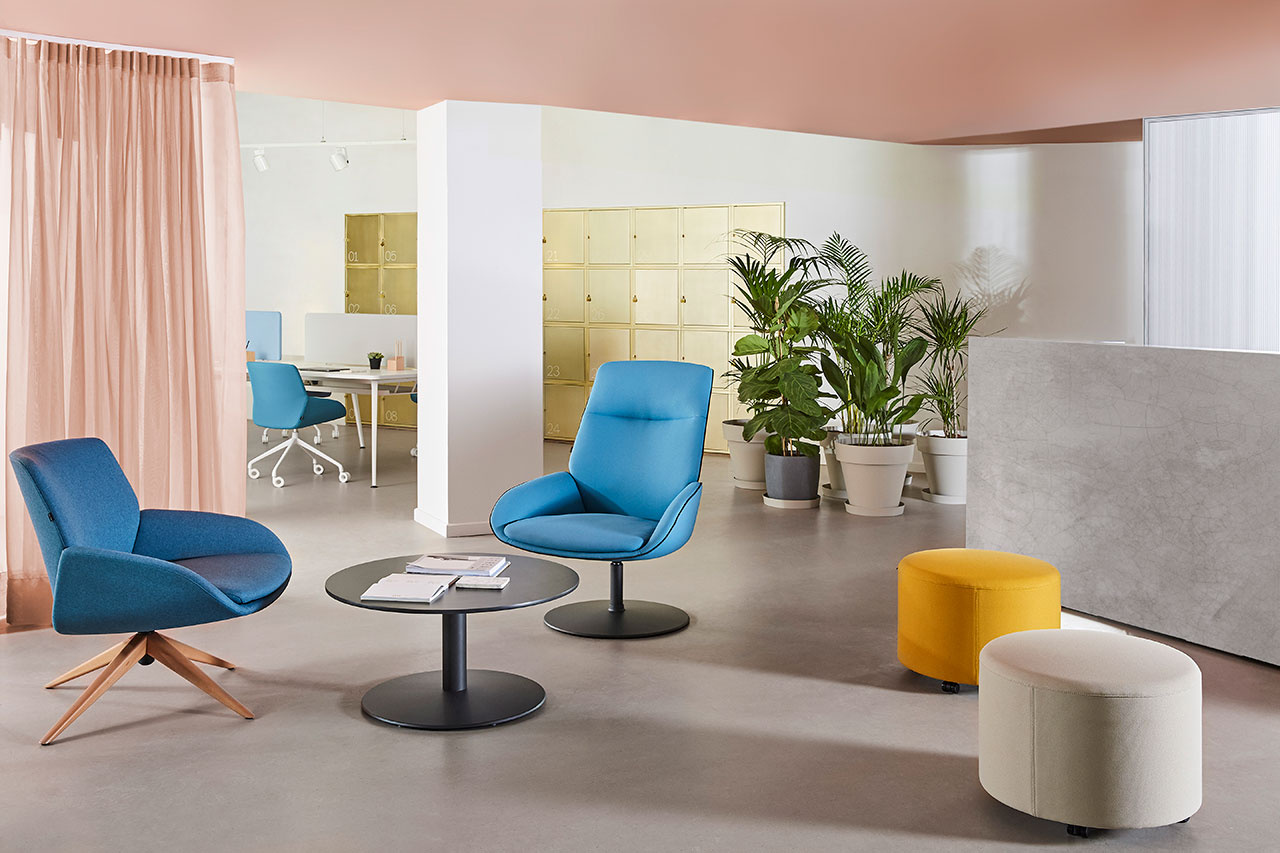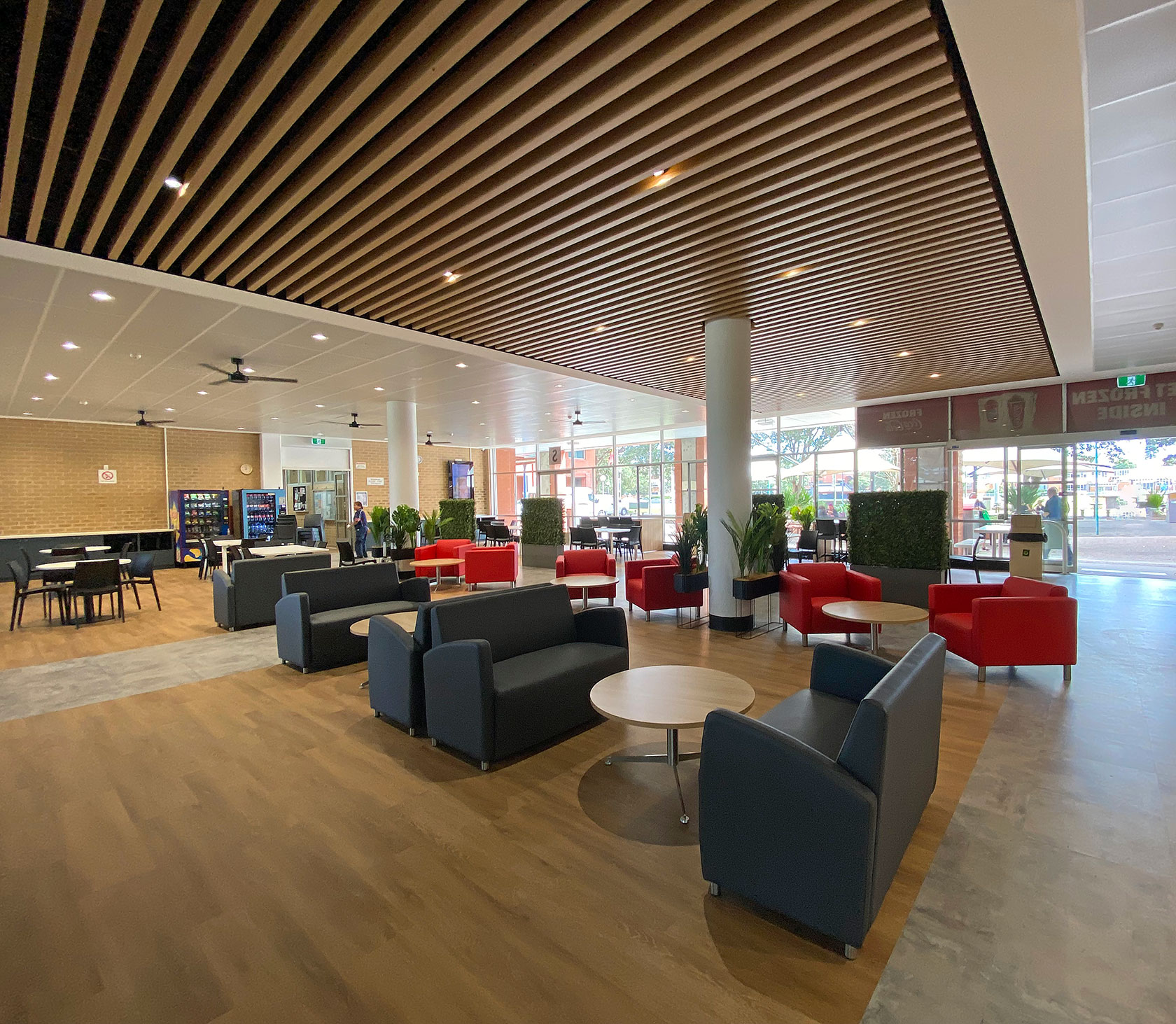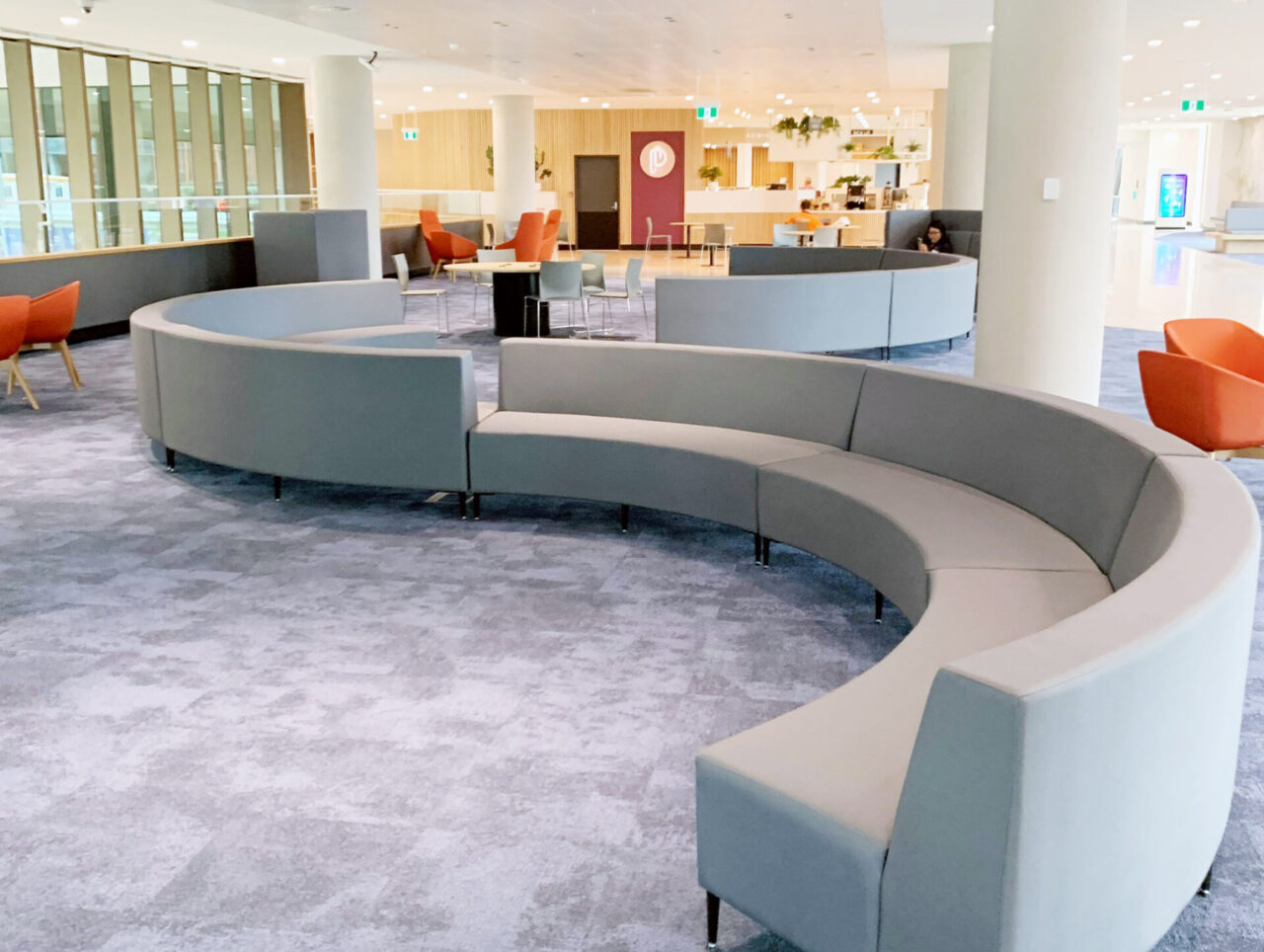The Role of Colour and Lighting in Office Design
Colour and Lighting play an essential part in the design of your office!
It is challenging to select furniture colours that complement your company’s brand. As a result, it’s critical to consider a variety of factors, such as how colour might influence mood and behaviour. Workplace colours can have a significant impact on productivity, teamwork, and employee happiness.
First impressions are everything! Choosing the proper colours to reflect your brand and create a bright, reassuring atmosphere helps ensure that you get off to a good start. Making good use of colour in the office environment does not necessitate a complete overhaul. Injecting some colour with accent furniture, fresh paint, or artwork may be all that is required. Furthermore, it may aid in increasing productivity. Different colour choices can benefit different office settings.
Lighting is another crucial aspect of office design. However, it is frequently missed. It’s hardly the most exciting aspect of office renovations. However, providing lots of light for your employees to work has an impact on production levels. If you’re relocating your office, now is an excellent time to think about your lighting requirements. This can be done at any moment, whether or not you are shifting. It’s a worthwhile time commitment.
Wall Colours
Cold colours, such as blues, greens, and greys, should be prioritised since they have the ability to relax, boost concentration, and decrease anxiety. Blue is a popular colour because it is serene and tranquil, attributes that are good for the workplace. It also boosts concentration and productivity. However, moderation is required since too much blue, especially in darker tones, may transform the mood from comfortable to sorrowful. To increase energy levels, use some warm components and accents. A splash of red, orange, or yellow will brighten your day and increase productivity. Because desaturated colours reflect more light than dark colours, painting your walls white or pale hues will brighten the area more than painting in rich tones.
Designing Informal Spaces
Casual areas such as the staff lounge and kitchen are perfect for experimenting with colour and allowing in some more colourful tones without affecting productivity. Bright colours in breakout areas provide a pleasant change of pace and encourage energy and excitement.
Overhead lighting, might provide additional illumination for intense or intricate work. In other areas, one room light and natural light will enough. Consider installing individual lights if you have personnel that work late.
Creating an atmosphere may also enhance your employees’ motivation and productivity. In contrast to harsh fluorescents, ambient lighting has a low intensity and can produce a tranquil, soothing ambience.
Natural Light
Windows are unnoticed incentive enhancers in the workplace. It provides your staff with something to gaze at as well as natural light. This also helps to improve their attitude and behaviour in ways that artificial light cannot. Of course, windows aren’t always a guaranteed in offices, so make the most of them if you have them. Take into account the layout of your workplace furniture.
Natural light is clearly preferable to artificial light in terms of morale, energy, and stress levels, yet you can’t avoid utilising the latter in an office area. Make windows your major source of illumination and augment with lighting fixtures.
When a range of colours will be utilised in the workplace, it is critical to choose either matching or complimentary colours. A colour wheel is an excellent tool for evaluating which colours will compliment one another. Use windows and skylights whenever feasible. Natural light is the best option. And, if your room is low in light, think of imaginative methods to include it. A well-lit office not only makes it simpler for employees to see, but it also boosts productivity and quality of life. As a result, choosing your lighting strategy should go hand in hand with creating your workplace layout and selecting high-quality furniture.
To find out how Gregory can help you with the colour and lighting design of your office, contact us now!



